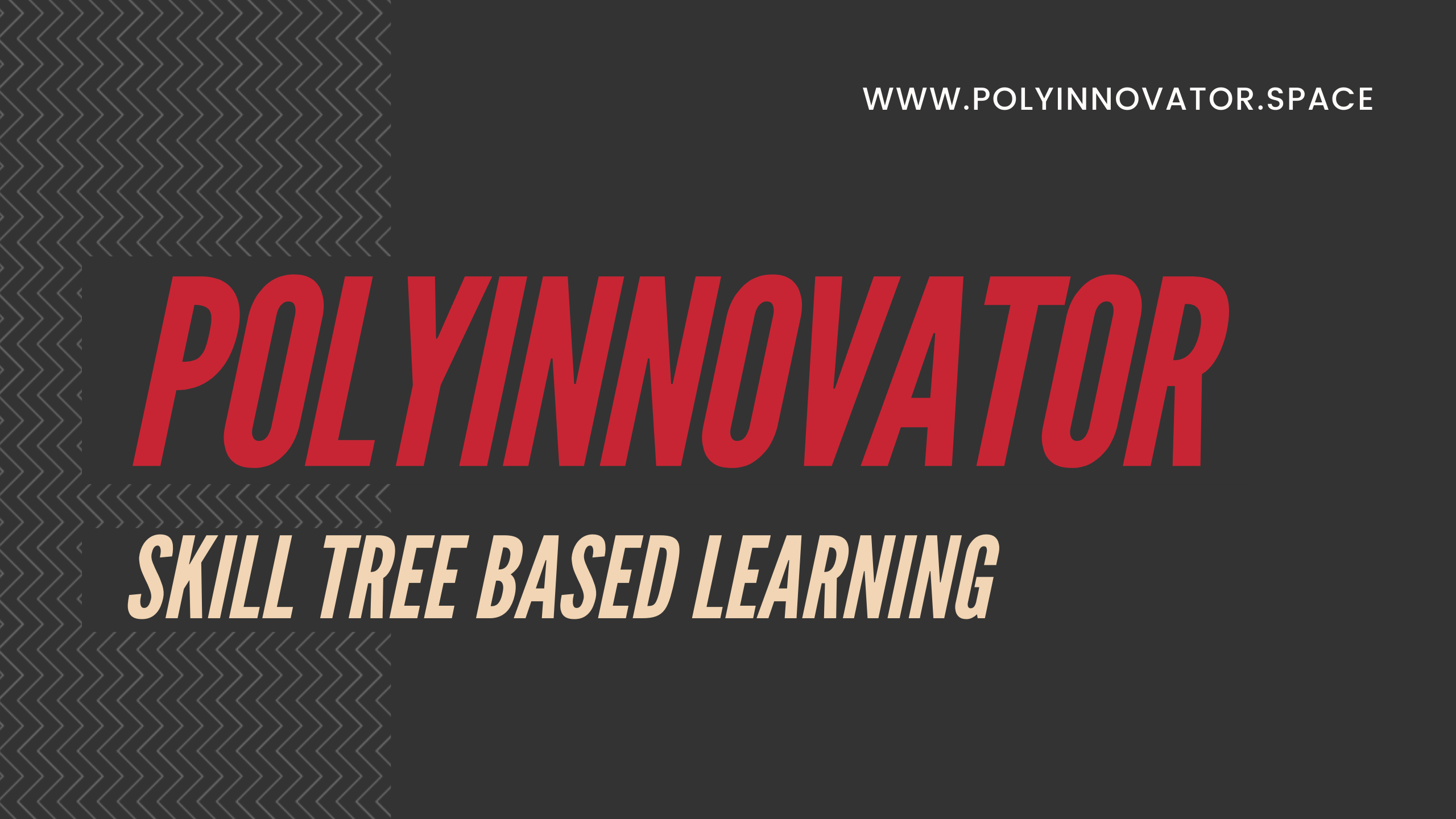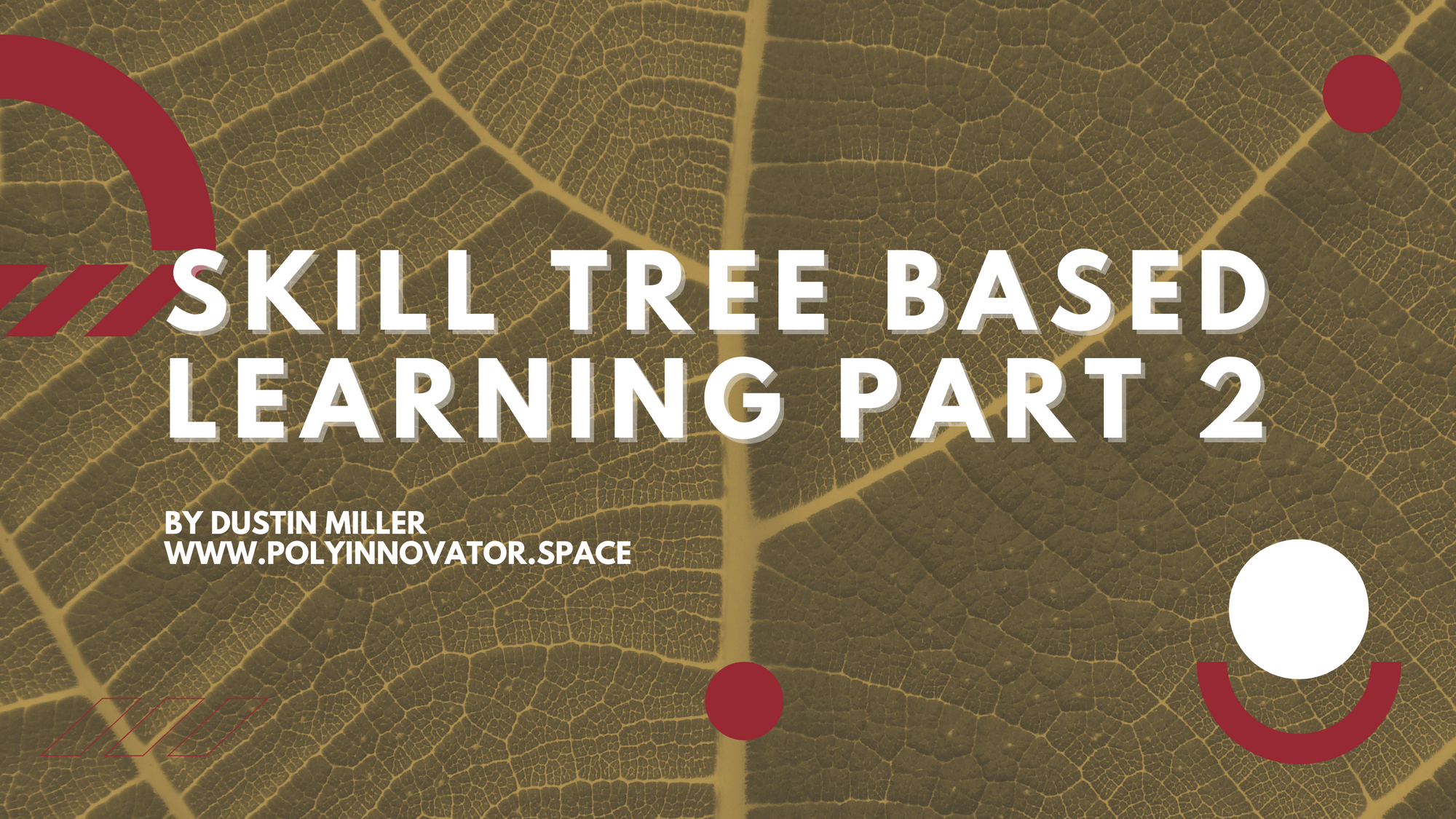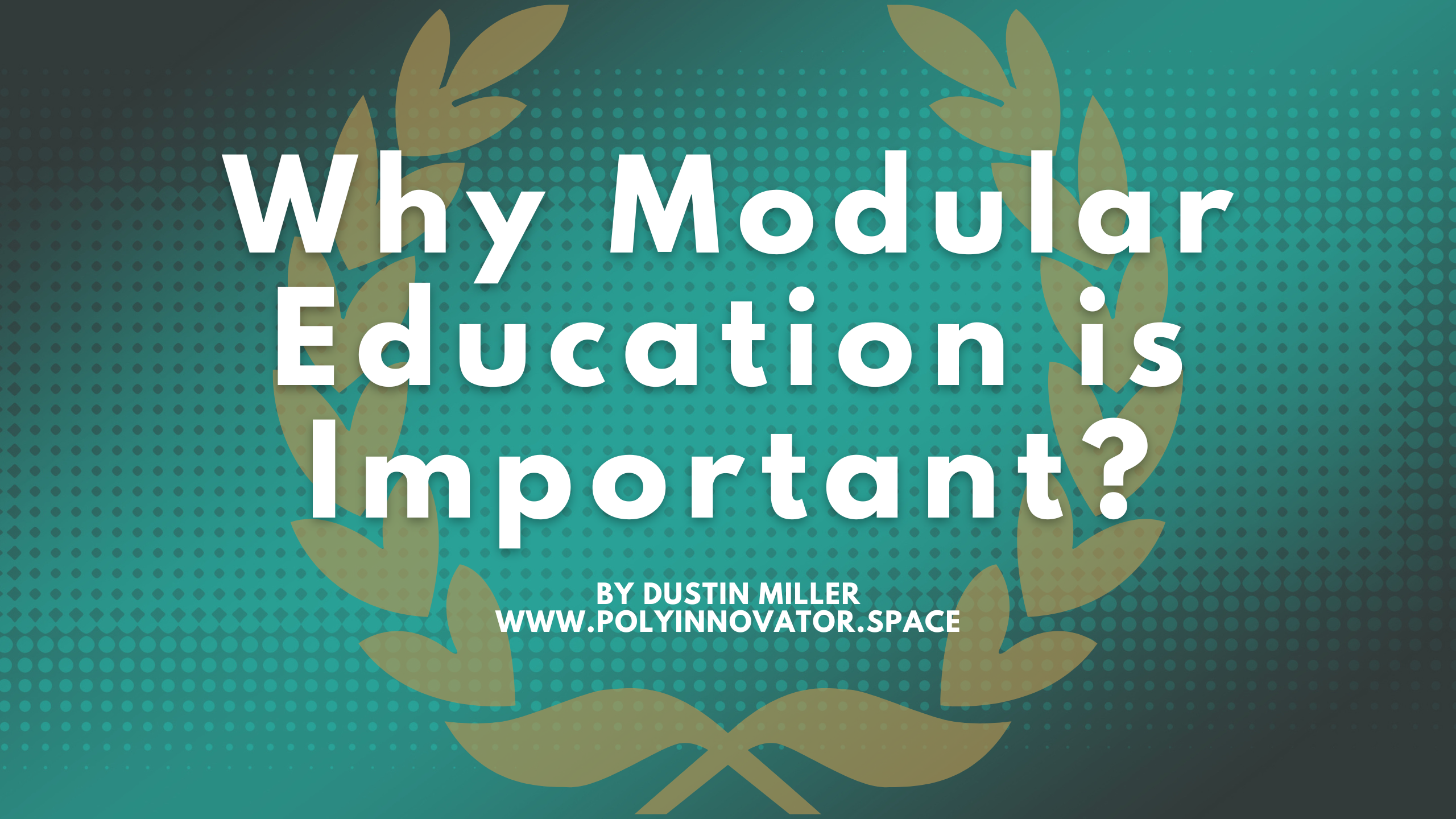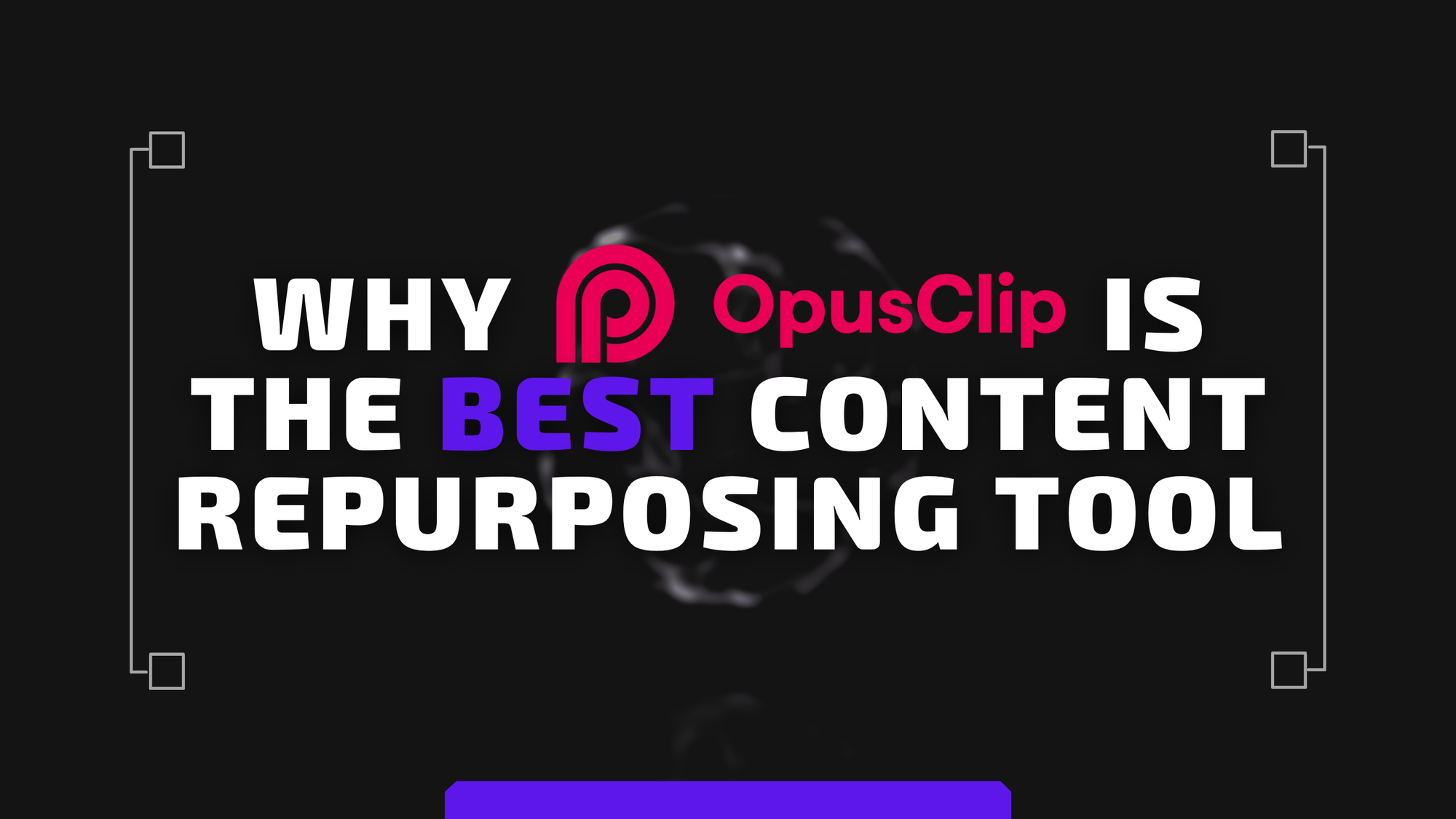Growing up I hated school, but I absolutely loved to learn. That is a really weird dynamic because sometimes I'd get a good teacher and they would spark that interest, but mostly I'd just not pay attention. Choosing to either doodle/write, or decide to learn something else altogether.
Humans are passionate and curious beings, and we thrive when those aspects are emphasized. Montessori schools are becoming more and more popular, and I think the biggest reason why is because they let little ones follow those human aspects. We are seeing an ever increasing number of college students going for interdisciplinary studies as well, which could honestly be attributed to the rise in generalism across the board. Although I am biased on that front of course!
There is a balance to maintain however, to not let the eccentric diverse interest pool prevent learners from straying too far off from their intended path. While also encouraging exploration, but that balance can only be maintained once we establish a more modular learning modality.
Stackable Lego-Like Education
There has been a lot of people over the past few years really start pushing for lego-like learning. Whether that be learning through play, such as what Luke Jamieson pushes for with PlayFulli, or actually breaking down education into stackable chunks like microcredentials.
Although it is more than that, as we are seeing even premier universities offer more of a selection of learning styles. Particularly after the long quarantine, where everyone was stuck at home. Many schools even had to adapt altogether in order to survive, and what I say to that is let natural selection take it's course. These schools are treating their students like a business, and if they can't adapt to the new ways of learning. Then they gotta go just like a business!
The new way is this more modular approach, and it isn't just my opinion. We are seeing it across the board. From the various bootcamp structures, to the robust multi-year credit based degrees.

Skill Tree Based Learning
Think of an expansive course that is broken up into multiple chunks, not in a linear path like you would see with MOOC's, but rather down multiple paths you can choose from.
The brilliance of this idea is that the student gets to choose what path they go onto next, and it can induce more interest based on that. Sure there are still going to hurdles, and the student needs to learn to get past plateaus. However sometimes it is better to pivot, rather than push through something that isn't working. By giving that choice to them, it can help keep interest in the subject for longer. Considering that a majority of online course platforms have a real serious problem with retention; I think that this methodology could really help with that ordeal.
One thing that could take it a step farther is the idea of points spending. So the concept of skill trees comes from video games and table top games. Where you have a character with a variety of skills, that you unlock over time by spending skill points. The S.P. could be gained through progression in courses, as well as participation in real class if combined with more traditional schooling. Almost as a digital currency, like it is in games, and the student has to choose what pathway they go down next through the cost of a S.P.


Division of Courses
One thing that has always irritated me about online courses is the sheer length of some of them. Now I spent a great deal of time learning how to speed read, and consume content like videos or audiocasts at a much higher rate (2x speed and more). That allowed me to take a "30 hour" course in a matter of half that time. However it still leads to the question of "does it have to be that long"? Do you really need to put that much in it, or would breaking it up into more consumable chunks be more efficient?
"Modular education refers to the division of conventional courses into smaller components or modules. Each module enables students to obtain a partial certificate that can be combined into a qualification." https://bera-journals.onlinelibrary.wiley.com/doi/abs/10.1002/berj.3569
Certain subjects require a complex understanding, I get that, but by spreading that out you can achieve the same result at a higher frequency. Break up the complexity horizontally, rather than into multiple courses or one major long one.
Take the idea of a "Build a House" course, there are the factors of electricity/plumbing/blueprints/etc.
Rather than having one course, with each section one after the other. You could have a skill tree based course, that breaks it up. Allowing the student to pick what micro-subject interests them most. Let's say they care more about the plumbing aspect, and then they can learn that bit first. Move onto the other areas next, and if you need to know more of the holistic part before getting to the advanced portions of plumbing. Then put it behind a bridge module. After the first round, make a single path, that then divides afterwards.
The Modular Degree is the pathway to Modular Education
I wanted to create a system that people could take, and play with or modify to make their own. Building off of what already is there, like an open source model.
Taking it one step further than the skill tree based approach, there is the idea of the actual Degree that courses make up. That is the point of the Modegree, to incorporate all of the various skill tree courses, and the traditional courses. I still see a need for the latter, and putting them together to maximize the benefits of both.



![Official Website for Dustin Miller PolyInnovator [LLC]](https://polyinnovator.space/content/images/2025/03/polyinnovator-logo-2024.png)













